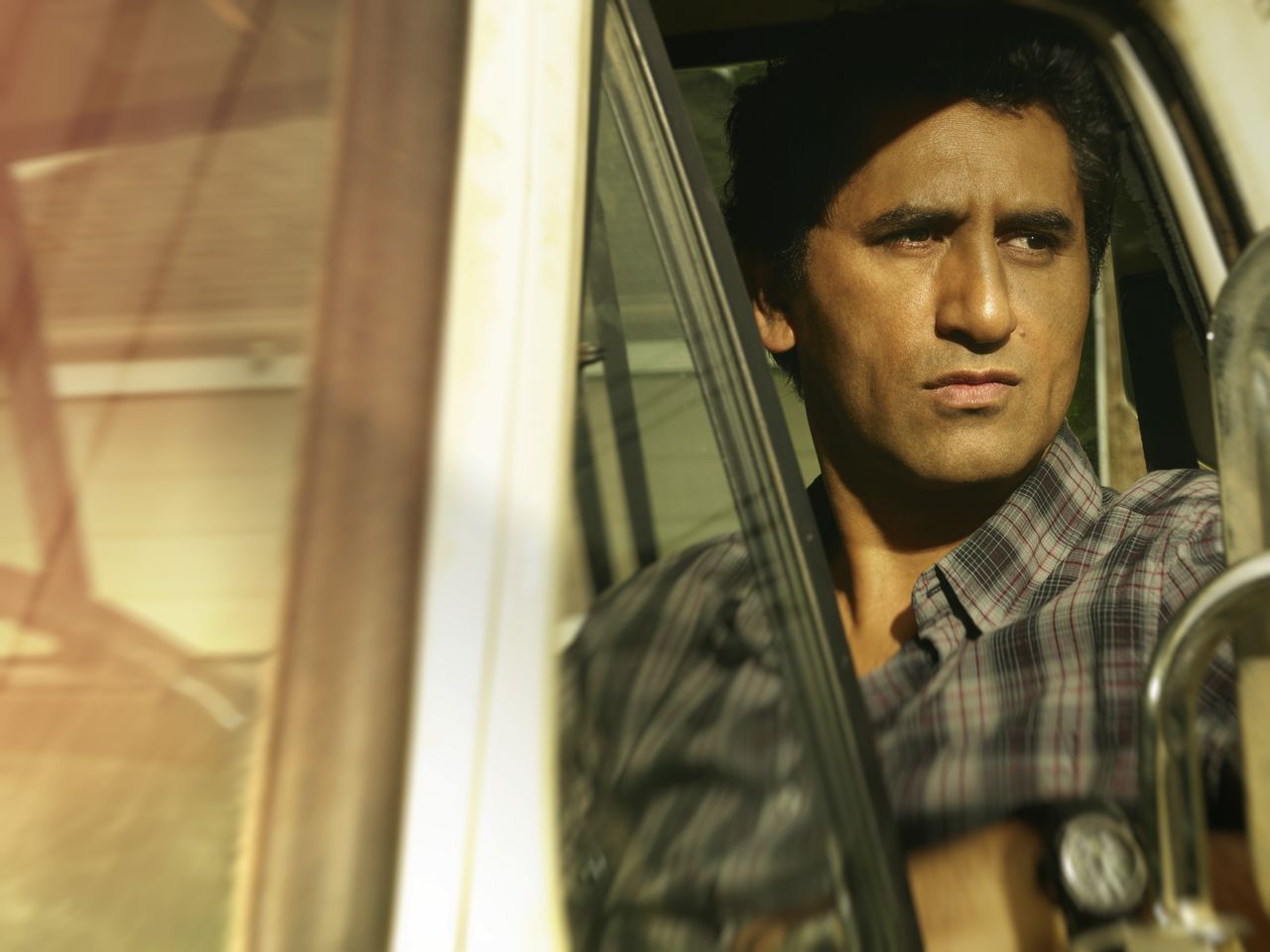Fear the Walking Dead: AMC's bold, gutsy step toward self-cannibalization
AMC's second zombie drama makes some smart choices. But how long can it really last?


AMC has been shameless in its efforts to capitalize on the wild success of The Walking Dead. The popularity of the smash-hit zombie series led to Talking Dead, a post-show talk show in which host Chris Hardwick invites people to come on and talk about how much they love The Walking Dead. And despite the emphatic passion of The Walking Dead's creative team — who clearly believe they have something new to offer — I suspect a similar mercenary impulse lies at the heart of AMC's decision to greenlight two seasons of Fear the Walking Dead, a new series set within the same universe, which premieres on Sunday, August 23.
For decades, shows spawned from other shows have been called "spin-offs." The creative team behind Fear the Walking Dead prefers the term "companion series." Whatever you call them, these types of series have been largely cast aside in the era of prestige television. But AMC, with Better Call Saul and Fear the Walking Dead, is clearly eager to change that.
Those with a long memory for TV's most maligned spin-offs — Joanie Loves Chachi, AfterMASH, Joey — might sneer at the very idea of a companion series. But for TV's deepest and richest shows, the idea of exploring a different corner of the universe isn't necessarily a cynical one. David Chase has occasionally floated the possibility of a Sopranos prequel focused on Tony's dad. Game of Thrones — with a history that spans thousands of years, thousands of miles, and thousands of characters — could eventually spawn something like the Star Wars Expanded Universe. And as for the AMC spin-off we do have: Though it focuses on a character first introduced in Breaking Bad, Better Call Saul is a good, weird show in its own right, doing something totally different than the beloved series that preceded it. (The show's attempts to shoehorn Breaking Bad into the narrative are invariably its weakest moments.)
Subscribe to The Week
Escape your echo chamber. Get the facts behind the news, plus analysis from multiple perspectives.

Sign up for The Week's Free Newsletters
From our morning news briefing to a weekly Good News Newsletter, get the best of The Week delivered directly to your inbox.
From our morning news briefing to a weekly Good News Newsletter, get the best of The Week delivered directly to your inbox.
The Walking Dead, by contrast, is an odd choice for a spin-off, because the series has so little to offer beyond its fundamental post-apocalyptic premise. This series is a single-minded, zombie-like creature — lurching, inevitably, toward an increasingly grim and more nightmarish future. That's the engine that gives the series its tension and pacing, but it's very easy for that relentless struggle to descend into monotony. The protagonists will never learn what caused the zombie apocalypse, let alone find a way to solve it. Any safe haven will turn out to be temporary. There's no real endgame for the series, and the characters that do survive will only get more desperate and miserable as the story drags on.
With all that in mind, it's no surprise that Fear the Walking Dead has a few new tricks to distinguish itself from the flagship Walking Dead series. Fear is set in Los Angeles, thousands of miles away from the events of the original series. (Given the difficulty of travel after the apocalypse, it's safe to assume the two shows will never cross over.) It also begins earlier in the overarching narrative. The Walking Dead cheated its way past the actual breakdown of civilization by putting Rick Grimes in a months-long coma; Fear begins just as the zombies begin to appear, capturing the confusion and chaos in microscopic detail. And Madison and Travis, the couple at the center of Fear's narrative, are a pair of public school employees, lacking the basic survival skills of a sheriff like Rick Grimes, a redneck survivalist like Daryl Dixon, or a katana-wielding badass like Michonne. When the zombies do take over, these brainy Angelenos will have a much harder time taking them down.
These are all smart deviations, and based on what I've seen (the first two episodes), Fear the Walking Dead has plenty of potential to grow. But I wonder how long it can last. The Walking Dead eventually grew stale as it became clear the show's status quo was destined to go on forever: a never-ending string of "safe" settlements spoiled by vindictive villains, with the occasional splashy character death to keep viewers on their toes.
It needn't be this way. The best thing ever produced under the Walking Dead mantle is Telltale's episodic video game series, which forces the player to actively take part in a series of brutal moral quandaries. One installment of the game, titled 400 Days, found a particularly novel approach to the standard Walking Dead material: a collection of bite-sized stories, each no longer than a half hour, in which the player controlled five different survivors attempting to navigate life in the post-apocalypse.
Someday, I'd love to see The Walking Dead make the same leap on television: an anthology series like American Horror Story or Fargo, telling a self-contained story about a different group of characters every season, or even a series like The Twilight Zone, leaping to a new group of survivors in a different part of the world every episode. Whatever the long-term future of Fear the Walking Dead, I agree with the show's creators on their basic premise: There are many, many more fascinating stories to be told in this universe than the wanderings of Rick Grimes and Co. I'd just rather they acknowledge how nasty, brutish, and short the lives of the people in the stories would generally turn out to be.
Sign up for Today's Best Articles in your inbox
A free daily email with the biggest news stories of the day – and the best features from TheWeek.com
Scott Meslow is the entertainment editor for TheWeek.com. He has written about film and television at publications including The Atlantic, POLITICO Magazine, and Vulture.
-
 Ed Martin: The US attorney taking on Trump's enemies
Ed Martin: The US attorney taking on Trump's enemiesIn the Spotlight He advocated for Jan. 6 defendants. Now Martin leads D.C. prosecutions.
By Joel Mathis, The Week US Published
-
 Hot to get older: extreme heat can make people age faster
Hot to get older: extreme heat can make people age fasterUnder the radar New research shows warming temperatures can affect biological age
By Devika Rao, The Week US Published
-
 Codeword: March 13, 2025
Codeword: March 13, 2025The Week's daily codeword puzzle
By The Week Staff Published
